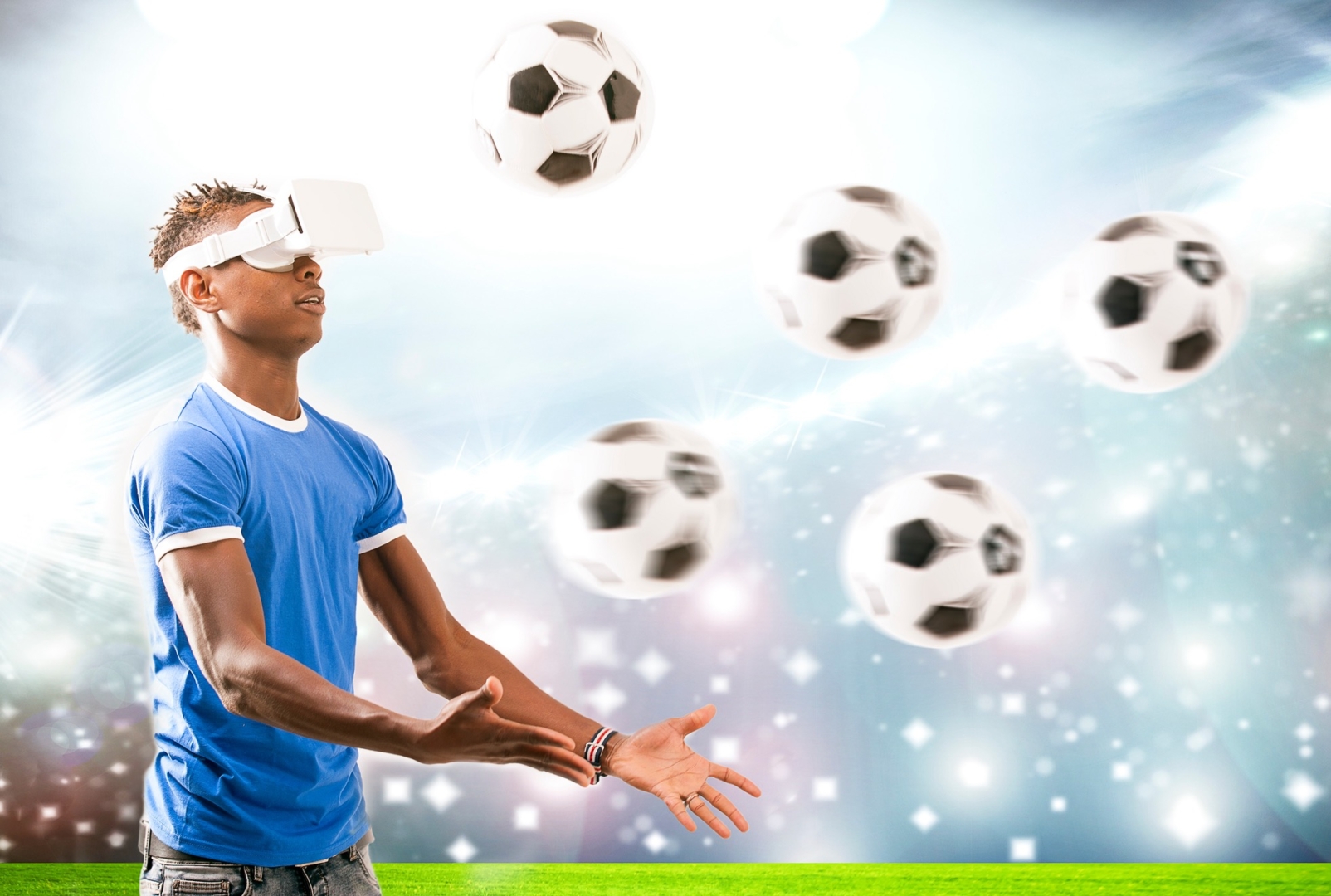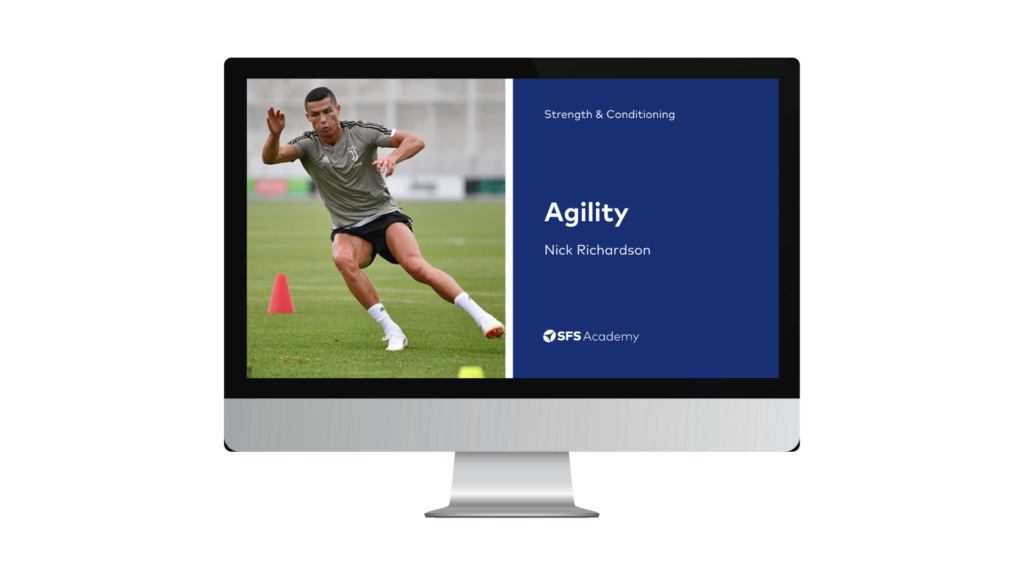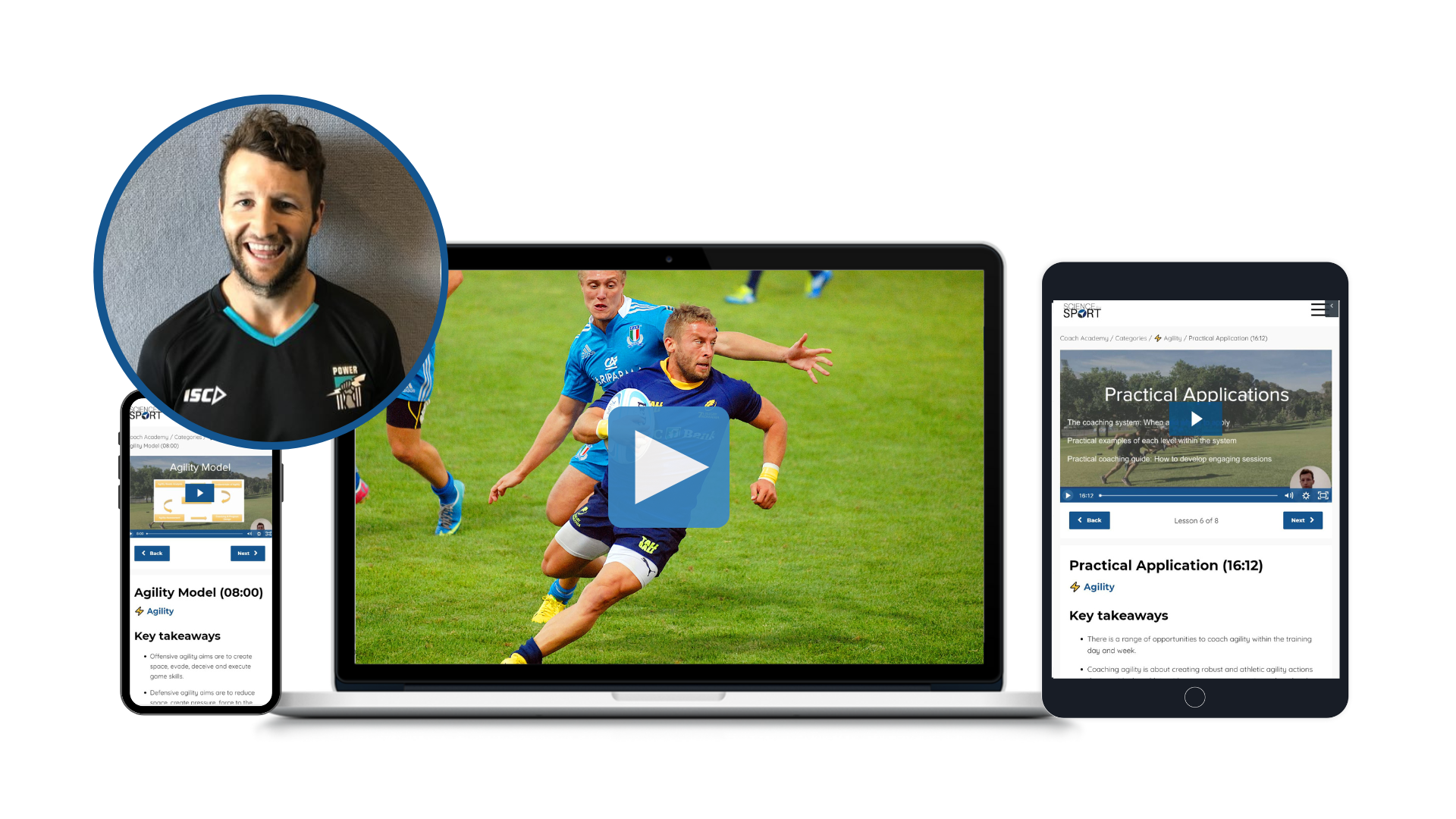Can virtual reality really benefit pro and amateur athletes (and fans)?
Just a few years ago, suggesting virtual reality as a training method would have got you laughed out of the room – now, many elite and amateur athletes are using it.
Virtual reality for sports training – is it a legit option?
Virtual reality is changing the way you play and watch sport, whether you like it or not. The only real choice is whether you get on board or watch your opponents outclass you with their superior vision, skill, and performance under pressure.
Just a few years ago suggesting virtual reality as a training method would have got you laughed out of the room – now English Premier League players, among many elite leagues, are using it before they go on to the pitch.
We needed to know how the pros are using this futuristic kit, and how the everyday athlete can use VR to make an impact at all levels. That’s why we welcomed Andy Etches onto episode 99 of the Science for Sport Podcast.
Etches has vast experience in the sport science and data world and is the founder and sport director of Rezzil, a VR software company that works with top athletes throughout the world, including in the Premier League and NBA.
So why would these world-class pros use VR software? Well, firstly, it allows them to review game footage in a realistic environment.
“Premier League teams will use it for the situation analysis – to recreate moments of the game looking at what could have been done better; you know, taking a viewpoint of a player’s actual position in real-time from the game on Saturday,” Etches said.
This has been done for years to improve a player or team’s tactics and decision-making, but until now, never from the player’s own perspective.
So from a real-world perspective, a player can not only better learn how and where they can improve, in fact, they can practice the situation over and over again using VR to replicate the game.
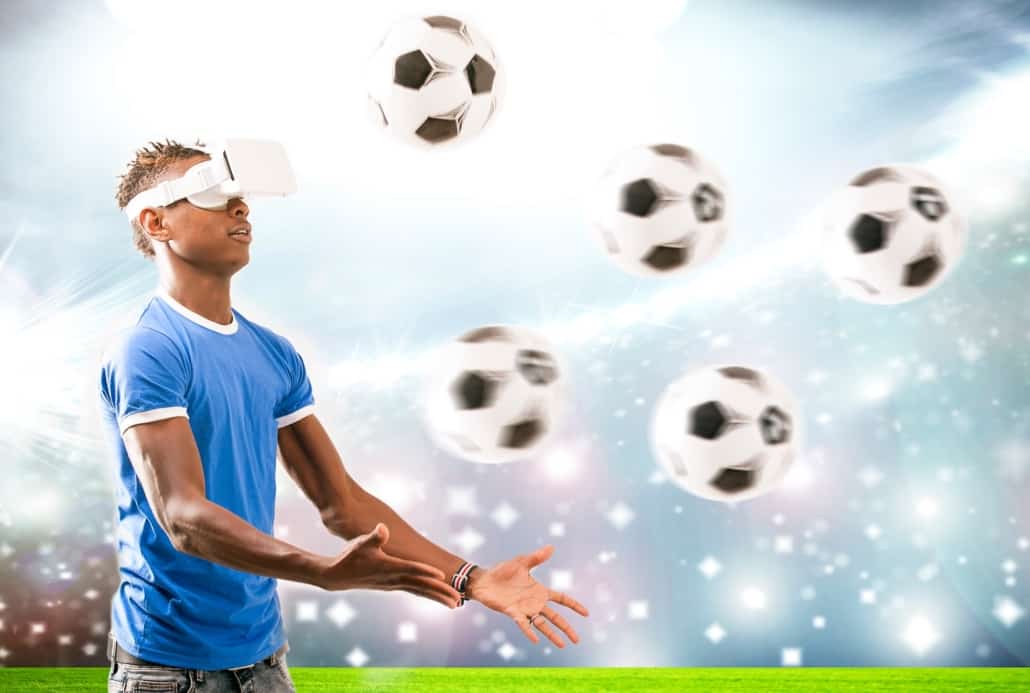
What about VR for rehabilitation?
The second key situation VR is used is during rehabilitation.
“More often (players) will use it for rehabilitation. We can pretty much get you on your feet interacting with a football six weeks post-surgery, maybe a little sooner (even for) an ACL (reconstruction) – we’ve done that with a lot of different clubs, we’ve had some great success,” Etches said.
Clearly, top professionals are doing all they can to improve their game and get a big W on the weekend. But could you really imagine players with VR headsets on, in the changing rooms before a game? Imagine no longer, it’s reality.
“There’s a Premier League goalkeeper who uses it for warm-up and reaction time training,” Etches said.
Passing the pressure test…
It’s not just tactics and reaction times – VR can be used to put players into high-pressure situations such as full stadiums, where they can start to acclimatise to the pressure put on them during a match.
Alternatively, game situations could be sped up in VR, so playing a real game feels like a walk in the park.
“If you’re in a Premier League academy and about to move onto a first team, then we can show you what first-team speed is like and how fast it is. We can also … make it (the game speed) 120 percent. So every player is 120 percent of Cristiano Ronaldo. Then when you’re on the field, everyone else just feels like they’re so slow. You feel ‘I can deal with this, no problem’,” Etches said.
And what about the fans?
The technology isn’t just for elite-level professionals though – players at all levels and in a range of different sports could benefit from training using VR.
“And if you’ve never even headed a ball in your life, there’s UEFA pro coach-designed drills in there that will teach you how to head the ball correctly, and then will also get you moving around a little bit and teach you to position your feet better, for better and better execution of the ball,” Etches said.
So athletes of all ages and abilities could benefit from a wide range of mental, tactical, and technical improvements, but what about using VR to enhance our experience watching sport?
“We’re doing this. So, this is a bit of a reveal. Let’s say you’re sitting on the sofa, and there’s a big miss in the game. And then your mate next to you says ‘I could have scored that’ – all right, put this headset on and let’s see if they can. Literally five minutes after that’s happened, they’ll be able to take part in that and see if they can get on the end of that cross,” Etches said.
[optin-monster slug=”nhpxak0baeqvjdeila6a”]
The complete picture for VR and sports training…
So there you have it – if you’re anything like me, you’ve got thousands of thoughts flying through your brain about how VR could be used to improve your own performance or that of the athletes you work with.
These are just a few of the possibilities Etches outlines in the podcast, if you want to hear the full show, just hit the link below.
You can download the podcast on any of the big hosting services, including Apple Podcasts and Spotify, or just use this link: https://scienceforsport.fireside.fm/99
Don’t forget to hit the subscribe button and be sure to give us a review and rating too!
